


Published Apr 28, 2025 • 4 min
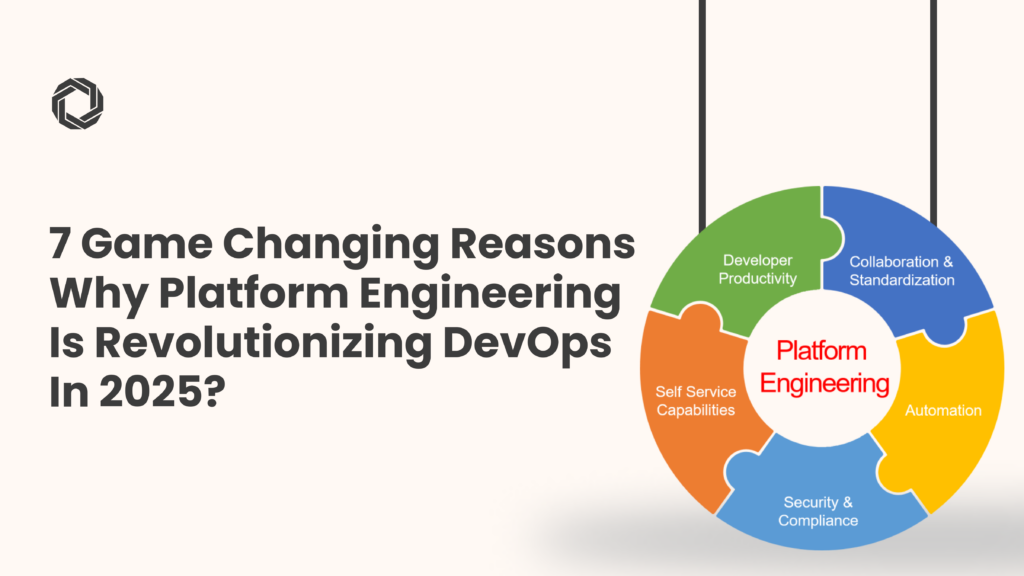
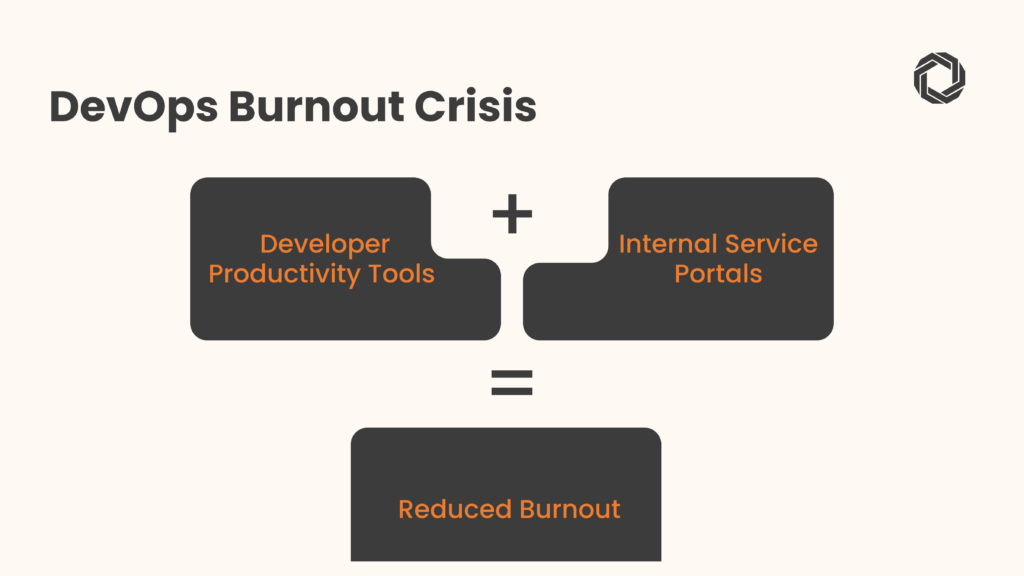
One of the harshest truths of DevOps? It often pushed too much onto developers. Tool fatigue. Context switching. Long onboarding cycles.
With platform engineering, teams gain standardized environments, integrated workflows, and automation that dramatically reduce complexity. Developers are no longer expected to be operations experts—they can simply build.
✅ Developer productivity tools + internal service portals = reduced burnout.
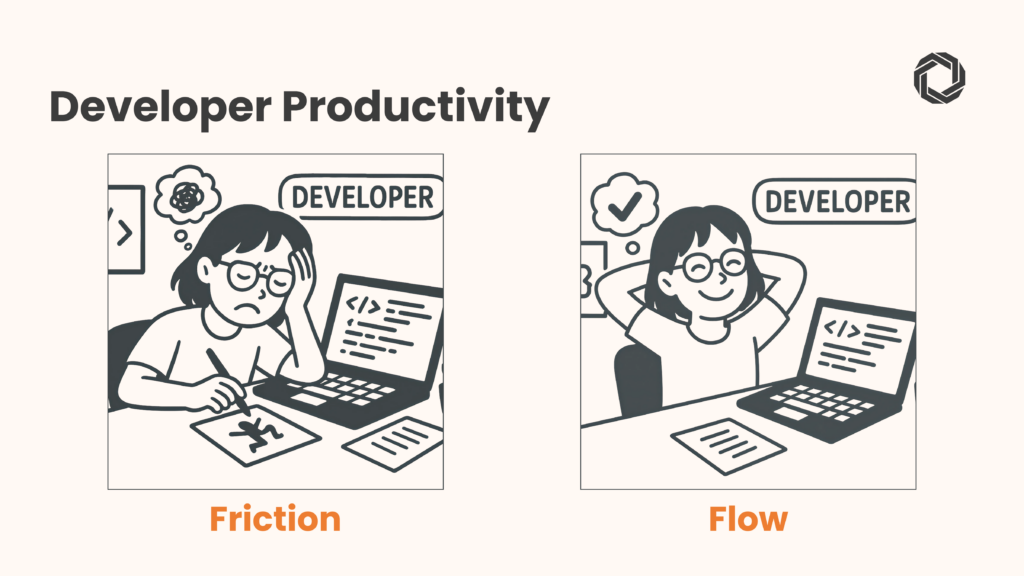 When your developers are stuck writing CI/CD scripts or figuring out deployment YAMLs, that’s time lost. A developer productivity-driven platform gives them intuitive dashboards, reusable workflows, and one-click deployments.
When your developers are stuck writing CI/CD scripts or figuring out deployment YAMLs, that’s time lost. A developer productivity-driven platform gives them intuitive dashboards, reusable workflows, and one-click deployments.
✅ Software developer productivity tools can turn dev friction into flow.
✅ Pro Tip: Focus on platform engineer designed UX to delight your devs.
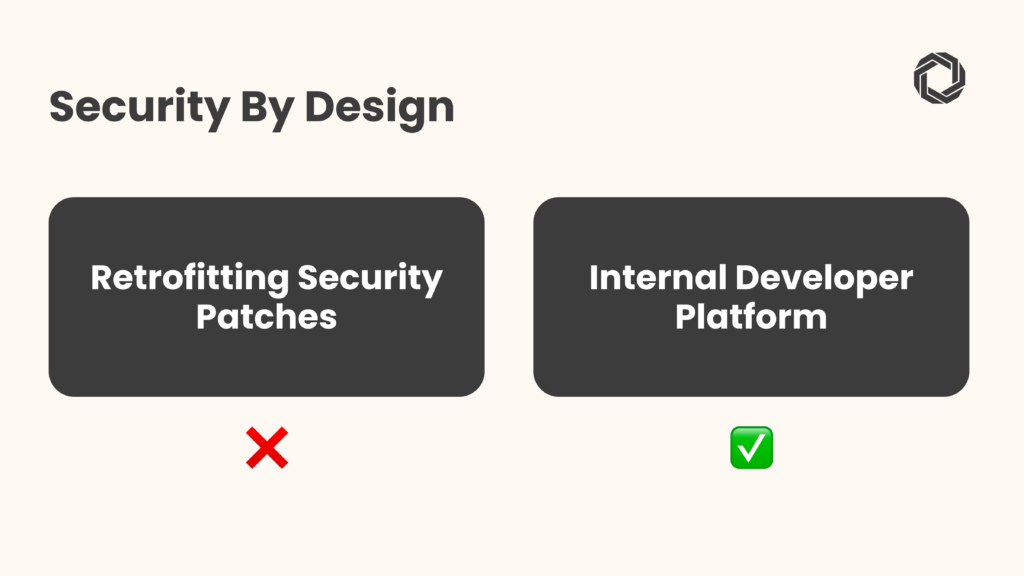 Forget retrofitting security patches. With a solid internal developer platform, compliance and security controls are embedded right into the development pipeline.
Forget retrofitting security patches. With a solid internal developer platform, compliance and security controls are embedded right into the development pipeline.
✅ Built-in secrets management, role-based access, and audit logs reduce risk.
✅ Result: Fewer breaches, faster audits, and confident engineering teams
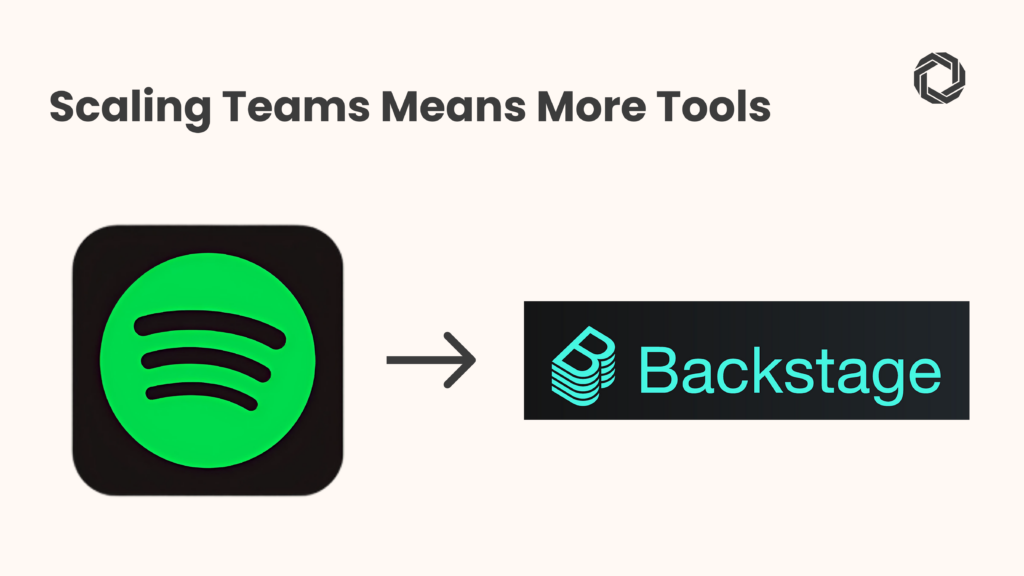
Scaling teams means more tools, more dependencies, more chances for chaos. A unified software platform brings governance without bottlenecks. Developers access self-service environments, while operations retain control.
✅ Companies like Spotify use tools like Backstage to unify workflows.
✅ Whether you’re building for custom applications or managing microservices, platform engineering keeps things in sync.
Platform led teams launch 30–40% faster and make 70% fewer mistakes. Why?
Because automated testing, integrated observability, and production-grade templates are all part of the package.
✅ Speed meets confidence when your internal developer platform is production-ready.
✅ Bonus: Happier developers who stay longer and ship more.
DevOps services often suffer from ambiguity between Dev and Ops. But when platform engineering is in play, roles are clear: platform engineers build, developers ship, and operators scale.
✅ Result? Frictionless collaboration, faster iterations, and fewer firefights.
✅ You also attract top talent with modern devops services and solutions.

Think you need to throw out Kubernetes or Terraform? Nope. The beauty of platform engineering is in its ability to unify, not replace.
✅ DevOps platform engineer teams integrate your stack into a seamless internal ecosystem.
✅ Hint: Treat the platform like a product. Collect feedback, iterate, and keep improving.

Netflix’s internal platform (Spinnaker) helps them push code thousands of times per day with zero deployment anxiety.
✅ That’s the power of a mature platform engineering culture in action.
✅ You don’t need to be Netflix to benefit—you just need the right strategy.
Here’s a simple roadmap:
✅ Pro Tip: Choose the right devops consulting services partner to accelerate your journey.
DevOps isn’t dead—but it’s being transformed. As the pressure to scale securely and deliver faster grows, platform engineering is becoming the obvious evolution. It’s not just about tools—it’s about treating internal infrastructure like a product.
✅ You gain developer productivity, security at scale, and happier teams.
✅ You build the foundations for a future-proof engineering org.
 Our services include:
Our services include:
✅ Ready to modernize your DevOps? Book a free platform strategy session today.
Let’s build the future of developer platforms—together.